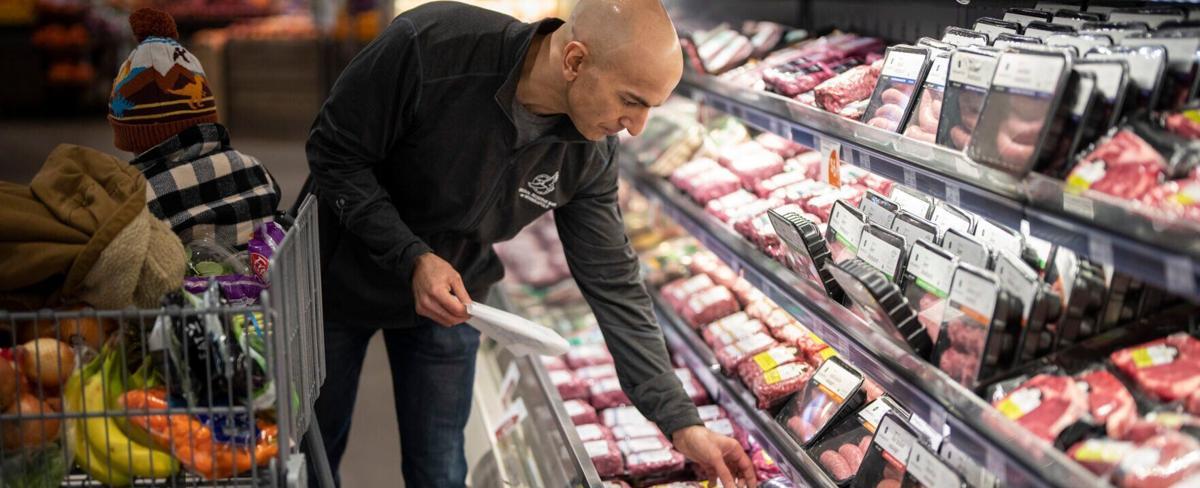How frugal shoppers are helping to fight inflation

As the world grapples with high inflation rates, some shoppers are turning to frugality as a solution. According to a recent report, many consumers are cutting back on non-essential purchases, cooking more meals at home, and shopping for deals in order to stretch their budgets further. This trend is not only helping individuals save money, but it is also helping to combat inflation by reducing demand for goods and services.
The report highlights that the cost of living has been rising steadily in many countries due to a variety of factors, such as global supply chain disruptions, rising energy costs, and increased demand for goods as economies reopen. As a result, many people are feeling the squeeze on their wallets.
To counteract the impact of inflation, shoppers are adopting new habits that prioritize affordability over convenience. They are being more mindful of their spending, comparing prices between stores, and opting for less expensive brands when possible. Some are also turning to second-hand shopping or swapping items with friends, in order to reduce waste and save money.
While these behaviors may seem small on an individual level, they can have a significant impact when adopted by many people. By reducing demand for high-priced goods and services, consumers can help stabilize prices and support a more sustainable economy.
In conclusion, the frugality trend in response to inflation is an important development that highlights the power of individual actions in shaping economic outcomes. By adopting more mindful shopping habits, consumers can not only save money, but also contribute to a healthier, more resilient economy for everyone.
Quick Links

